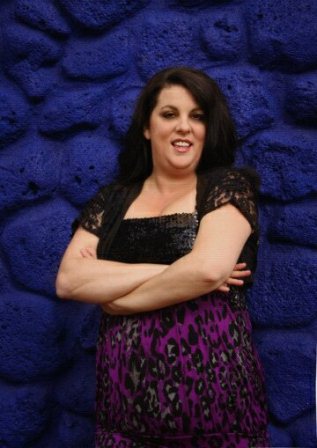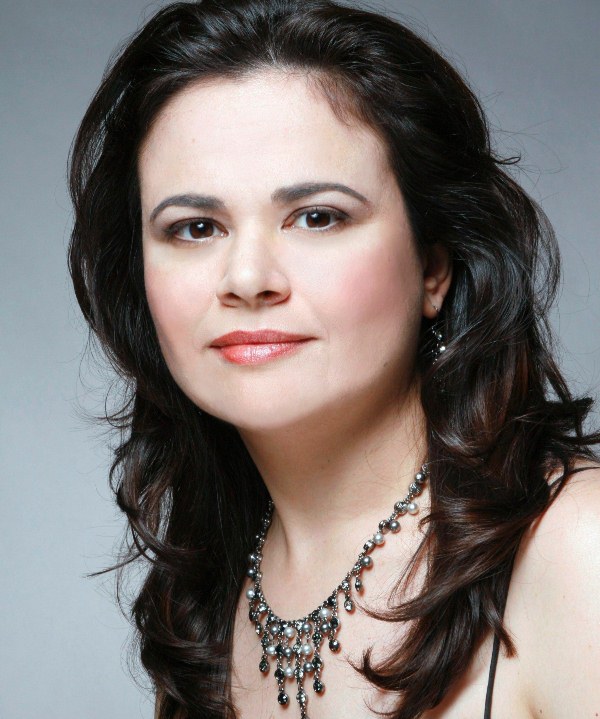by Carly Uhrig
Not too long ago, young musicians would pound the streets looking for a gig or recording contract, and if their efforts were unsuccessful, they would continue to wait for their “big break.” This is no longer the norm. Artists now have the ability to market and manage themselves in the digital world and take their destinies into their own hands.
A recording contract used to be a coveted fantasy of musicians, but nowadays, it is almost completely obsolete. Record labels can provide financing, distribution and marketing for musicians, but the endless hours one would spend trying to get the attention of an A&R person at a record label can now be spent recording and making connections through various social media channels.
While the recording industry clings to the decaying business model of manufacturing artists for one big hit, many musicians are out hustling their talents with a do-it-yourself aesthetic. And why not? An artist can bypass the studio/publicist/booking agent and do it themselves with recording software like GarageBand and Pro Tools, just to name a few; digital distribution through CD Baby and iTunes; booking services like SonicBids and GigMasters; and marketing tools like FanBridge and YouTube.

OU graduate, and freelance musician,
Trish Shandor (B.M. ‘04) is one such artist doing things for herself. Trish is a six-time Detroit Music Award winning multi-genre vocalist, voice teacher and mentor. She says, “Make yourself as marketable as you can. Don’t paint yourself into a genre corner.” She adds: Be willing to perform in as many scenarios as possible, even a polka band! Be versatile. She says, “Expanding your musical palate will allow you to have more options.”
Trish is experienced in all vocal styles, from jazz to opera and everything in between, but she is not content to just be a performer. “Be a spectator,” she says. “Knowing what and who is out there and what is being done on a creative level will not only inspire you but possibly increase your practice ethic. Be embracing of the talent that is out there. Be happy for their success and know that your encouragement and support means something, and in turn you can make friends that you can share ideas with.” It’s something that she likes to call “play it forward.”
Lisa Agazzi (B.M. ‘95; M.M. ‘00), professional mezzo-soprano, is another OU alum paving her own way through the music industry. She was a young artist at opera companies in Indianapolis, Utah, New York and San Diego, but eventually resettled in her native Detroit. Lisa received two music degrees in vocal performance and is able to work full time in the realm of classical and opera music. Lisa says “Every artist is ultimately freelance. Business knowledge really helps.”

College trains you to be an excellent musician, not necessarily a business-minded person. However, it is crucial to adopt some business philosophies as well. Lisa offered some basic rules that she uses in her everyday business life: “Always have your business cards with you; always be early to a gig (on time is late); be willing to attend rehearsals; make calls every day; and always be thinking ahead to the next possible venue.”
If you don’t know where to begin to learn these business tactics on your own, there are many universities that now offer courses in career self-management, entrepreneurship and music business. Oakland University has an online course called The Business of Music that focuses on business techniques and procedures, laws, licensing and accounting practices in the music industry, as well as a study of career opportunities related to music.
You must be knowledgeable about basic music and copyright law so that you understand your rights. Trish Shandor advises, “Protect yourself. Your intellectual property is very important. Protect the music you write. Protect your life’s work and creative power.” For many musicians, their music and performances are their only source of income, so it is critical to stay informed by reading music trade magazines like
Billboard; blogs like Hypebot and Music Ally; and the endless conversations on Twitter and other social media. Money is a real concern for an artist, and Lisa Agazzi explains that, “Concerns about it [money] seem to kill the artistic spirit, so it’s important to remember you deserve to get paid. If a gig doesn’t pay enough, you can just politely decline.”
But what happens when you are not making enough to fund your next project? This question has been a hot topic within the past few years as many companies, such as Kickstarter, are offering a new way to raise funds for a creative project using crowd funding. Individuals can collectively back a project financially in exchange for a tangible item or experience, like an autographed record or lunch with the lead singer. According to Kickstarter’s website, to date more than 4.7 million people have pledged over $768 million, funding more than 47,000 creative projects. So, there are viable options available to fund your next project, even if you personally cannot.
None of these options will work, though, unless you have a quality product or project to get behind. Many people visit Kickstarter and similar sites to support their friends or favorite musicians, but many are just looking for new and inspiring ideas. But how do you reach all of those people? How do you get where you want to be in the music business? Lisa Agazzi says, “It’s just plain hard work, but that’s how it’s done.”
Nothing can replace hard work and talent. Anyone can put a video up on YouTube, but unless it is backed by a combination of drive, humility, true artistry and common sense, it won’t go very far. Want to make it in the music industry? Empower yourself, and definitely do not sit back and wait.
Visit Trish Shandor's website.
Visit Trish's band's website: Metro Jazz Voices.
Visit Lisa Agazzi's website.
Photos:
Top left: Trish Shandor, photo by Rosa VanBibber
Lower left: Lisa Agazzi, photo by Nick Granito
 OU graduate, and freelance musician, Trish Shandor (B.M. ‘04) is one such artist doing things for herself. Trish is a six-time Detroit Music Award winning multi-genre vocalist, voice teacher and mentor. She says, “Make yourself as marketable as you can. Don’t paint yourself into a genre corner.” She adds: Be willing to perform in as many scenarios as possible, even a polka band! Be versatile. She says, “Expanding your musical palate will allow you to have more options.”
OU graduate, and freelance musician, Trish Shandor (B.M. ‘04) is one such artist doing things for herself. Trish is a six-time Detroit Music Award winning multi-genre vocalist, voice teacher and mentor. She says, “Make yourself as marketable as you can. Don’t paint yourself into a genre corner.” She adds: Be willing to perform in as many scenarios as possible, even a polka band! Be versatile. She says, “Expanding your musical palate will allow you to have more options.”  College trains you to be an excellent musician, not necessarily a business-minded person. However, it is crucial to adopt some business philosophies as well. Lisa offered some basic rules that she uses in her everyday business life: “Always have your business cards with you; always be early to a gig (on time is late); be willing to attend rehearsals; make calls every day; and always be thinking ahead to the next possible venue.”
College trains you to be an excellent musician, not necessarily a business-minded person. However, it is crucial to adopt some business philosophies as well. Lisa offered some basic rules that she uses in her everyday business life: “Always have your business cards with you; always be early to a gig (on time is late); be willing to attend rehearsals; make calls every day; and always be thinking ahead to the next possible venue.”